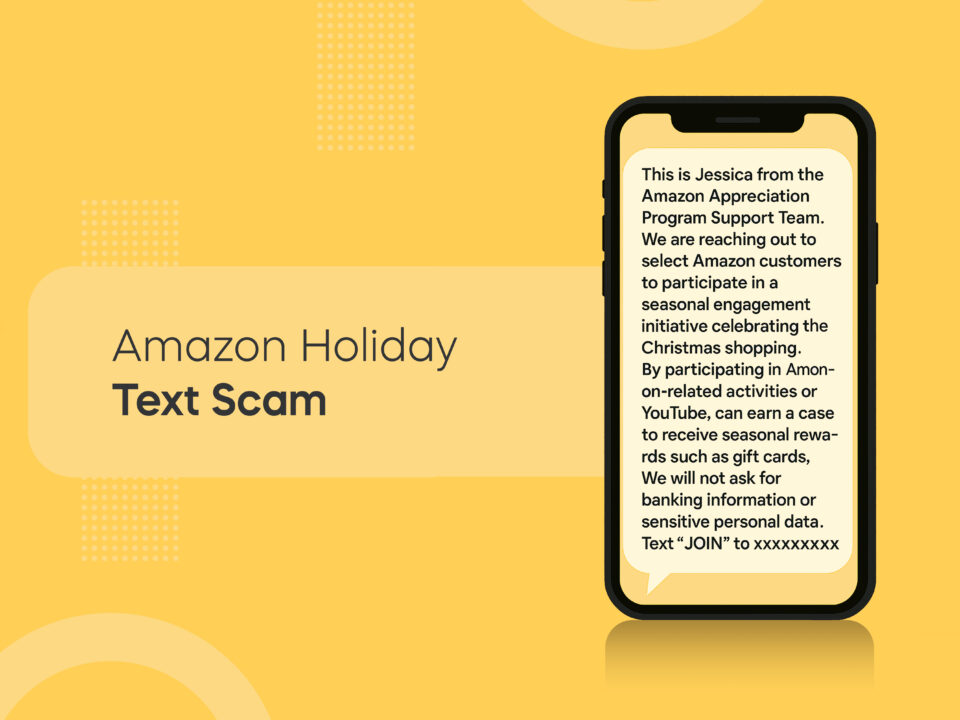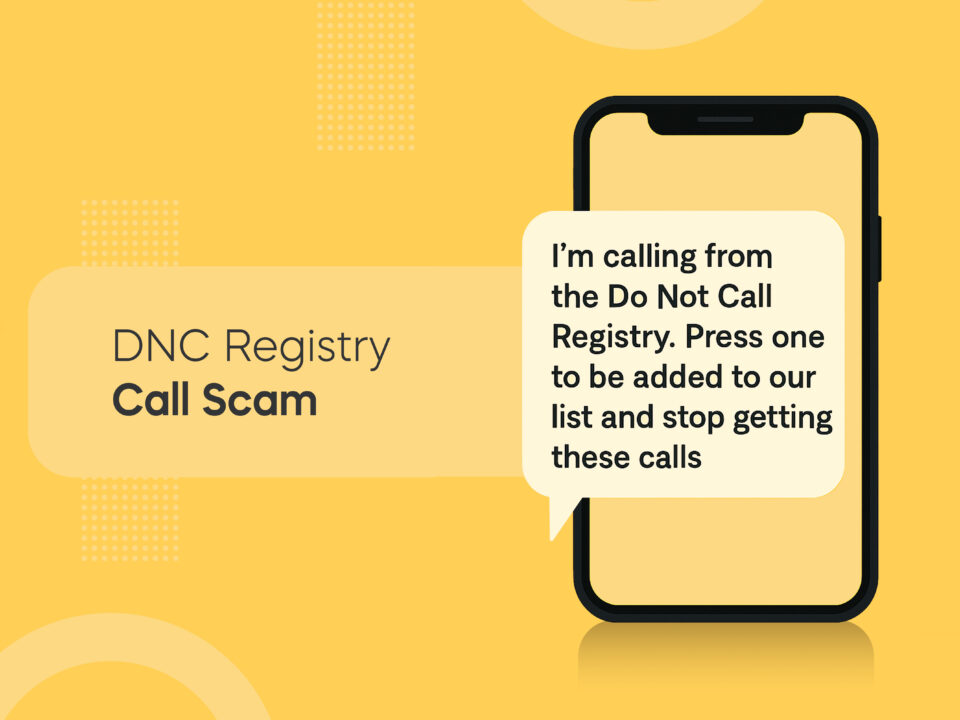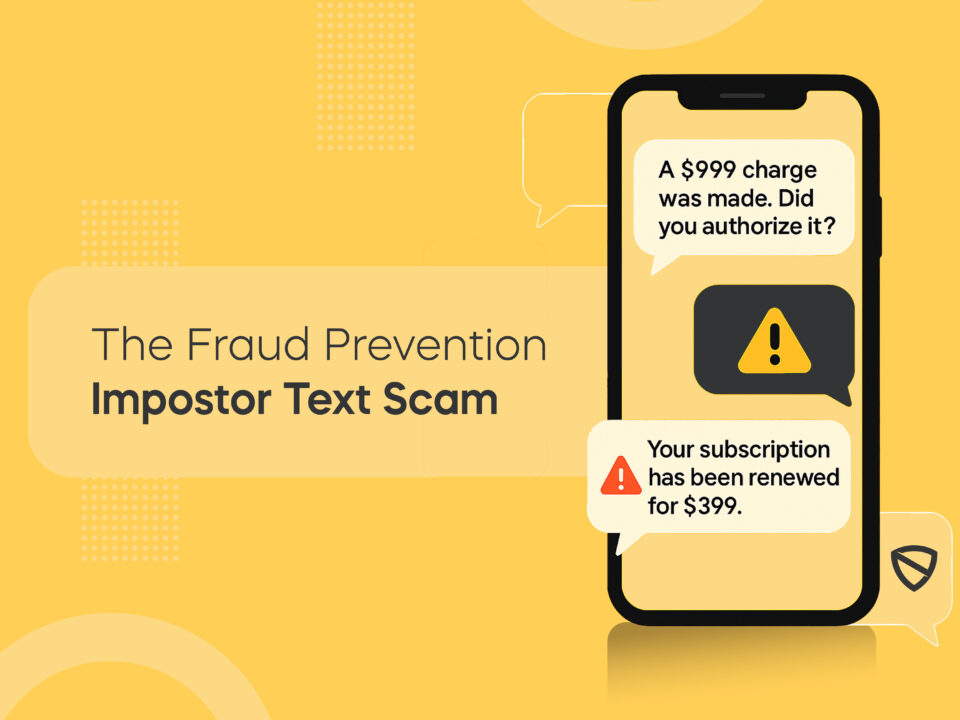
Fake Toll Text Scams: Spot & Avoid Them
May 22, 2025
Nomorobo Blocks Over 87 Million Robocalls in 2024, Protecting Consumers from $28 Billion in Potential Fraud
June 10, 2025If your phone has been ringing nonstop with unknown numbers, robot voices, or fake package delivery alerts, you're not imagining it. Spam calls are out of control. Billions of robocalls are made every month. While some of these calls are annoying, others are dangerous since they may involve identity theft and other risks.
Whether it's a scammer pretending to be your bank, a "guy from Microsoft" who has somehow detected a virus on your desktop, or someone spoofing a local number to get you to answer, these calls waste your time and threaten your privacy.
The good news is that you can take control of your phone again. Blocking spam calls is now easier than you might think, especially if you have the right tools. In this guide, we walk you through your options to show you what works, what doesn't, and how to avoid spam calls.
Table of contents:
- What Are Spam Calls
- How Spammers Get Your Details
- Where Spam Calls Come From
- Importance of Blocking Spam Calls
- Block Spam Calls on iPhone
- Block Spam Calls on Android
- Block Spam Calls on Landline
- Pros & Cons of Carrier-Based Solutions
- Stop All Robocalls for Good
What Are Spam Calls?
Spam calls are unwanted phone calls. They are often automated and will try to sell you something, scam you, or simply waste your time. They might sound harmless, but many are part of larger fraud operations designed to trick you into giving away money or personal information.
There are three common types of spam calls you'll likely receive:
- Spam: These are usually harmless but annoying, especially because they add up over time. Think of calls offering you deals, subscriptions, advertisements, and political campaigns. They're just mere interruptions, but still not worth your time.
- Scams: Scammers impersonate banks, government agencies, delivery companies, or any organization that may have your data. They typically want you to act quickly, often by pressing a number or calling back, so they can steal money from your accounts.
- Fraud: Fraud calls are the most dangerous of the three. They often involve identity theft, fake investment schemes, or requests for sensitive information like your Social Security Number and credit card details.
How Spammers Get Your Details
Have you ever received a spam call and wondered how the caller seems to know so much about you? They might casually mention your address, reference a family member, or even sound convincing.
The truth is, scammers use various methods to get your phone number, and sometimes, even your personal information.
Here are some ways scammers get your phone number.
Data Breaches

Many spam callers get your phone number through large-scale data breaches. When a company you've done business with gets hacked, your contact information, including your phone number, can end up for sale on the dark web. Spammers buy this data in bulk and start calling.
According to Statista, more than 1.35 billion people worldwide fell victim to data breaches in 2024 alone. These breaches often involved the unauthorized exposure, leakage, or sale of sensitive personal information, such as phone numbers, email addresses, names, and even financial details.
Online Forms
Have you ever signed up for a "free prize" or completed an online quiz or survey? Unless they are reputable sources, those sites often sell your data to third-party marketers, which sometimes include shady telemarketers or scammers.
Avoid entering your real name and phone number on unfamiliar websites, especially if you can't find a genuine privacy policy guarantee.
Social Media Platforms
Scammers collect phone numbers and personal information from social media profiles, especially if your settings are public. They can also get your personal information from job boards, which often require people to upload their resumes and cover letters. These documents typically include personal information that scammers can take advantage of.
Auto-Dialers and Number Recycling
Some spam calls come from auto-dialers that simply generate phone numbers in sequence. If your number is active, you'll likely receive these calls.
Also, if you've ever changed numbers, your new number might have previously belonged to someone who signed up for sketchy services, putting it on spam lists from the start.
Apps Selling Your Data
While we rely on mobile apps for many things, they are not all safe. If you download exploitative apps, they may collect and sell your data, including your number, especially if you gave them contact or location access without checking permissions.
Where Do Spam Calls Come From?
Spam calls originate from various sources, some legal and some outright illegal. Here's where they typically come from:
- Telemarketers: Legitimate businesses use auto-dialers to promote products or services, especially if you've interacted with them before or opted into marketing. These are legal but often annoying, especially when they become frequent.
- Scammers and fraud groups: Countless individuals have fallen victim to phone scams. Some have had their credit cards drained, while others have watched their entire life savings vanish. Many of these spam calls come from criminal groups, sometimes located overseas. These scam groups run scams like IRS impersonations, tech support fraud, or fake debt collection.
- Robocallers: Automated systems can generate and send out thousands of calls per day. Some are legal — like political campaigns — but many are used for scams.
- Spoofed numbers: Spammers often spoof caller IDs to look like they're calling from a familiar area code or even a trusted company. This tricks people into picking up the call.
- Purchased numbers: Some spam calls come from companies that buy your phone number from data brokers. These lists are often built from public records, social media, online forms, or mobile app permissions.
Why You Need to Block Spam Calls Today

Spam calls aren't just annoying. They're part of serious cyber frauds that target millions of people every year. Unfortunately, the scammers are getting smarter.
You might get a fake message from your bank, a warning about a package delivery, or a virus threatening to crash your computer or damage files. Spam calls are often designed to make you panic and act fast. Unfortunately, some sound convincing enough that you may fall for them.
Here's why you should block spam calls today:
- You could lose money: According to the Federal Trade Commission, Americans lost over $10 billion in fraud in 2023. Phone calls were the second most common contact method, after email.
- Scammers bank on your trust: Many spam calls spoof real numbers to look local or legitimate. You may think it's your pharmacy or utility company, until it's too late.
- They wear you down: Even if you never fall for a scam, getting multiple robocalls daily can be frustrating. If you have no time to answer numerous irrelevant calls in a day, you need a tool that protects you.
Blocking spam calls is no longer optional. It's essential for your peace of mind, time, and security.
How to Block Spam Calls on an iPhone
Are you looking for tips on how to stop unwanted calls on your cell phone? iPhone users have a few built-in tools to help stop spam calls, but each comes with some serious trade-offs.
Here is how to stop spam calls on an iPhone:
- Manually blocking spam numbers: First, you can block individual numbers directly from your iPhone. The problem? Spam callers constantly change numbers. They use technologies that allow them to do this at a high rate. Blocking one won't stop the next five or 10. If you choose this approach, you may pick up and block dozens of unwanted calls every day. You certainly do not have the time and stamina to get caught up in this cycle.
- Silence unknown callers: This setting sends all unknown numbers straight to voicemail. While it may sound helpful, it will certainly make you miss some important calls from doctors, schools, delivery drivers, or new contacts that are relevant, which will be silenced too.
While using the built-in iPhone settings can help, that's rarely enough on its own. Scammers are getting smarter every day, and by constantly changing numbers, they can bypass filters. Relying solely on manual blocking or the "Silence unknown callers" feature could mean missing important calls from doctors, job recruiters, or deliveries.
You can also stop unknown calls on an iPhone using third-party solutions. With smarter third-party protection, you won't have to get stuck in a frustrating cycle of picking up spam calls and trying to block them one by one.
How to Block Spam Calls on an Android
Stopping spam calls on an Android is basically the same as on Apple devices. You can choose to block individual spam calls you receive, but keeping up with the flow can quickly become tedious.
You could also choose to silence all unknown numbers, but this would mean risking missing other relevant calls.
One of the most effective ways to block spam calls on a Samsung or other Android brand is to choose reliable solutions like Nomorobo, which sift relevant calls from spam calls. It's a convenient option that requires little effort and doesn't risk missing relevant calls.
How to Block Unwanted Calls on a Landline for Free
Spam calls aren't just a mobile problem — landlines get bombarded too.
Here's how to protect your home phone from annoying telemarketers and dangerous scams:
Register for the National Do Not Call List
You can sign up for the National Do Not Call Registry. This option helps block legitimate telemarketing calls, but:
- It won't stop robocalls, phone scams, or fraudsters.
- Scammers don't follow the law or respect the list.
- It may only stop legitimate but unwanted marketing calls.
While it is one option you could consider, it is certainly not the most effective out there.
Use Nomorobo for Landlines
For real protection, use Nomorobo for Landline, a free and advanced solution for many VoIP landline users.
Key benefits you will enjoy include:
- Nomorobo automatically blocks known robocallers
- Uses smart data from millions of users and honeypots
- No hardware or complex setup required
- Free for most VoIP landline providers
Nomorobo works with over 139 VoIP carriers, including AT&T U-Verse, Comcast Xfinity Voice, Ooma, and many more. It is a fantastic way to keep your home peaceful because Nomorobo blocks spam calls before they ring.
Pros and Cons of Carrier-Based Solutions

Most major mobile carriers like Verizon, AT&T, and T-Mobile now offer free spam call blocking tools as part of their service plans. These tools are designed to automatically detect and either block or flag calls that appear suspicious. Depending on the carrier, features may include:
- Call labeling: Incoming calls are labeled "spam risk" or "potential scam" so you can choose whether to answer.
- Automatic call blocking: Some carriers let you block known spam numbers before your phone even rings.
- Spam alerts: If a number is suspected of spam activity, you'll receive a warning when the call comes in.
Pros
Here are the advantages of carrier-based spam blockers:
- Free base-level plan: There is no extra cost for most users. These features are free with many carrier subscriptions with the ability to upgrade for better performance.
- Easy setup: Typically, you need to enable it with a few taps on your phone or carrier app.
- Minimal maintenance: Once enabled, the service runs in the background.
Cons
Carrier-based solutions may seem like the most convenient option, however, there are disadvantages when compared to 3rd party spam call blockers:
- Limited effectiveness: Carriers often rely on publicly available data and may not catch the latest or most cleverly disguised spam calls.
- Privacy concerns: Carrier-based tools might process your call metadata to determine spam risk.
- No advanced customization: Unlike third-party apps, you can't usually fine-tune what gets blocked or filtered.
How Do You Stop Spam Calls Permanently?
If you're looking for total control, consider the Nomorobo spam call blocking solution. Here is why the app is miles ahead of the other spam-blocking services.
- Blocks known robocallers, telemarketers, and scammers before your phone even rings
- Doesn't interfere with legitimate unknown numbers, like your doctor or a delivery service
- Works on iPhone, Android, and VoIP landlines
- Backed by real-time data from millions of users and a massive honeypot network
How to Stop Robocalls for Good: Nomorobo at a Glance
Nomorobo is a powerful call-blocking and spam-text filtering app designed to stop robocalls, phone scams, and unwanted messages before they reach you. Once you set it up, you can enjoy a phone experience free from interruptions and fraud. Here are some of the key features:
- Robocall blocking: Detects and blocks calls even from spoofed numbers.
- Spam text filtering: Filters out suspicious and unwanted text messages.
- Custom block lists: Take control with personalized settings for who can or can't reach you.
- Advanced call screening: Only allow unknown callers through after passing advanced filters.
Cutting-Edge Accuracy
Nomorobo stands out for having the largest and most advanced detection network, which includes:
- 4+ million customers contribute real-time feedback, which makes spam detection even more advanced
- 350,000 honeypot numbers trap spam calls to update blocking data
- 7 million+ VoIP subscribers help identify good vs. bad calls
This gives Nomorobo unmatched precision in blocking spam without blocking the calls you actually need to pick up.
Prevent Spam Calls for Good with Nomorobo
Spam calls aren't just annoying — they're risky. They waste your time, violate your privacy, and could lead to serious financial losses. While you can try manual blocking or free carrier tools, they don't offer adequate capabilities to combat the scale and advancement of today's robocallers.
That's why you need an advanced and more intelligent app like Nomorobo. Nomorobo is highly accurate and is designed to protect your phone without blocking the people you actually want to hear from. Ready to regain control of your phone?
Say goodbye to spam callers for good by signing up for Noromobo. With its precision and reliability, Nomorobo consistently ranks as the best spam call blocker for iPhones, Androids, and landlines.






